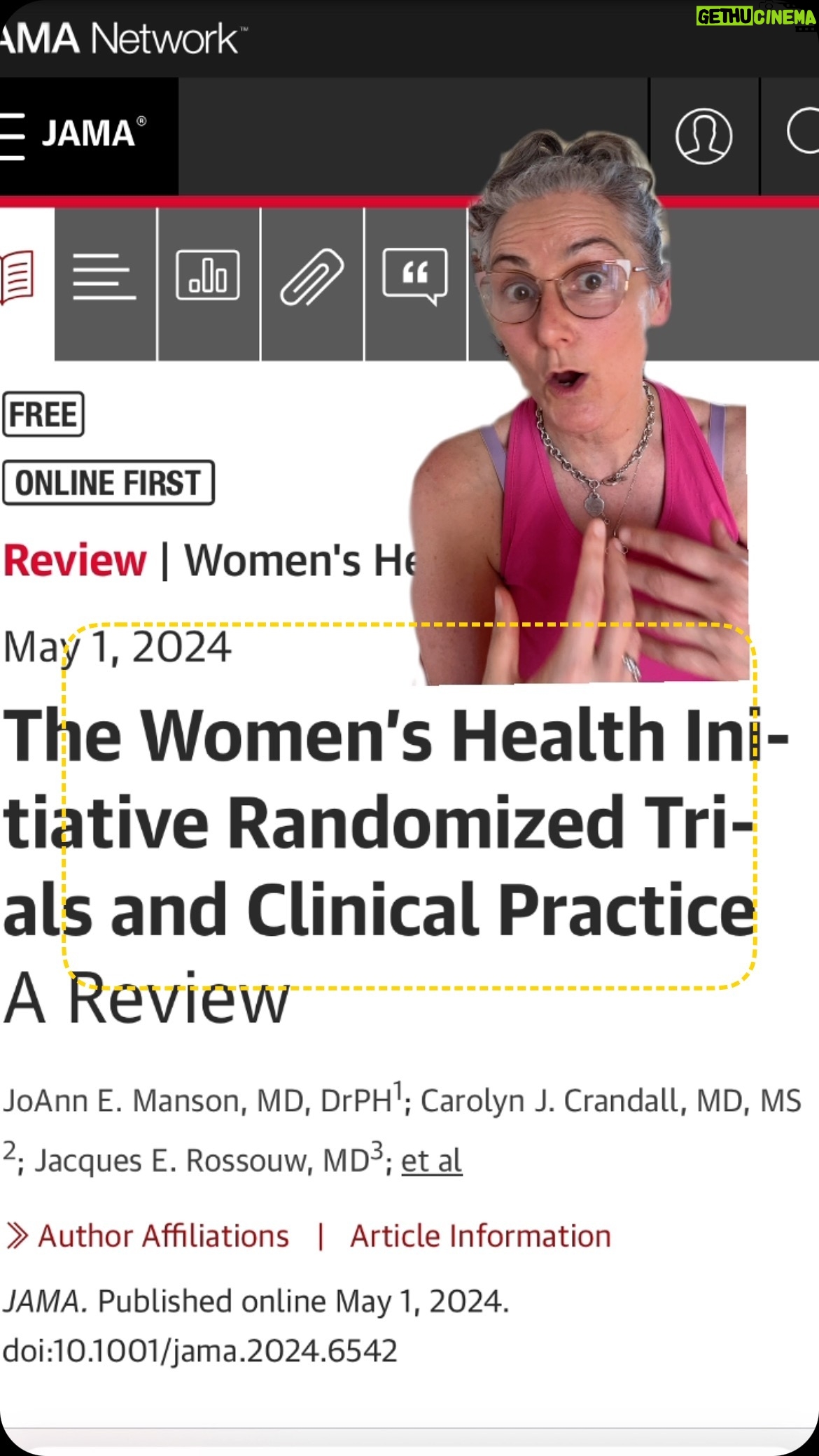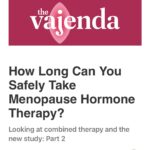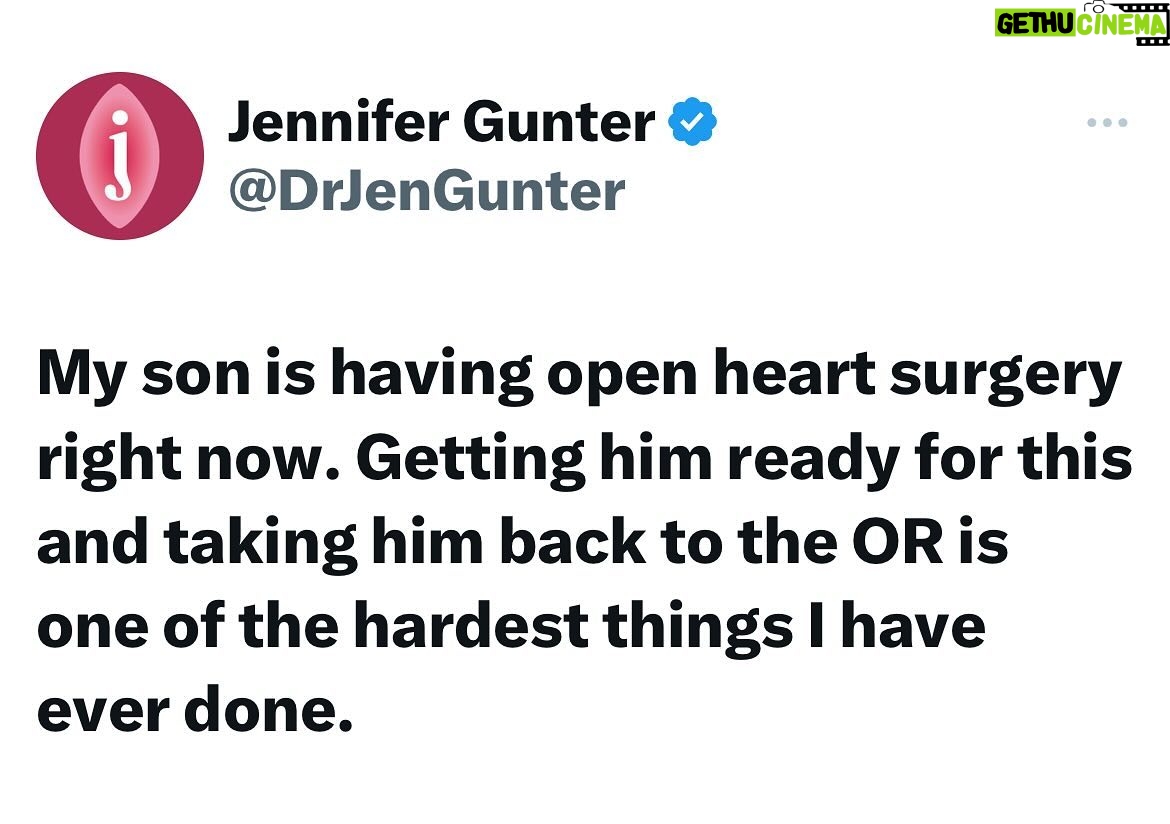Jen Gunter Instagram – There is a new study in JAMA looking at 20-year data from the WHI.
There is a lot to cover, so head to The Vajenda tomorrow for a more thorough take.
This study applies to the hormone regimens studied. Meaning Premarin or Premarin plus medroxyprogesterone acetate (Provera).
The conclusions are:
MHT is appropriate for hot flashes/night sweats
The WHI findings do not support the use of either hormone regimen for prevention of heart disease, stroke, or dementia.
Both regimens were associated with a reduction in hip fractures, although they did not conclude that the WHI data supported MHT for prevention of any chronic disease.
The Premarin only arm was associated with a reduction in breast cancer, for women ages 50-59 that was 5 fewer cases per 10,000 women per year.
The Premarin plus medroxyprogesterone acetate arm was associated with an increased risk of breast cancer, even for women ages 50-59. The attributable risk was 6 cases per 10,000 women taking hormones per year in this age group.
In some ways, it’s ridiculous to discuss, because Premarin plus medroxyprogsterone is rarely used. However, I do think this study gives us a good idea of what might be the higher end of breast cancer risk with MHT, meaning other therapies are unlikely to be higher. A risk of 6/10,000 is considered rare.
We also know the concerns about heart disease risk are not founded. But the data from the WHI don’t support MHT for prevention of heart disease, stroke, or dementia. Many younger doctors might not remember, but before the WHI some people were handing out Premarin like a supplement for protecting the heart, and the study didn’t support that.
The risks of breast cancer, while real for combination therapy were overblown because the press loves scaring women. The risk of serious eye problems with Viagra-like drugs is in the same risk range as breast cancer is with Premarin and medroxyprogesterone acetate (3.2-8.5 cases per 10,000 person years), and yet we never heard about that! | Posted on 02/May/2024 05:53:10







